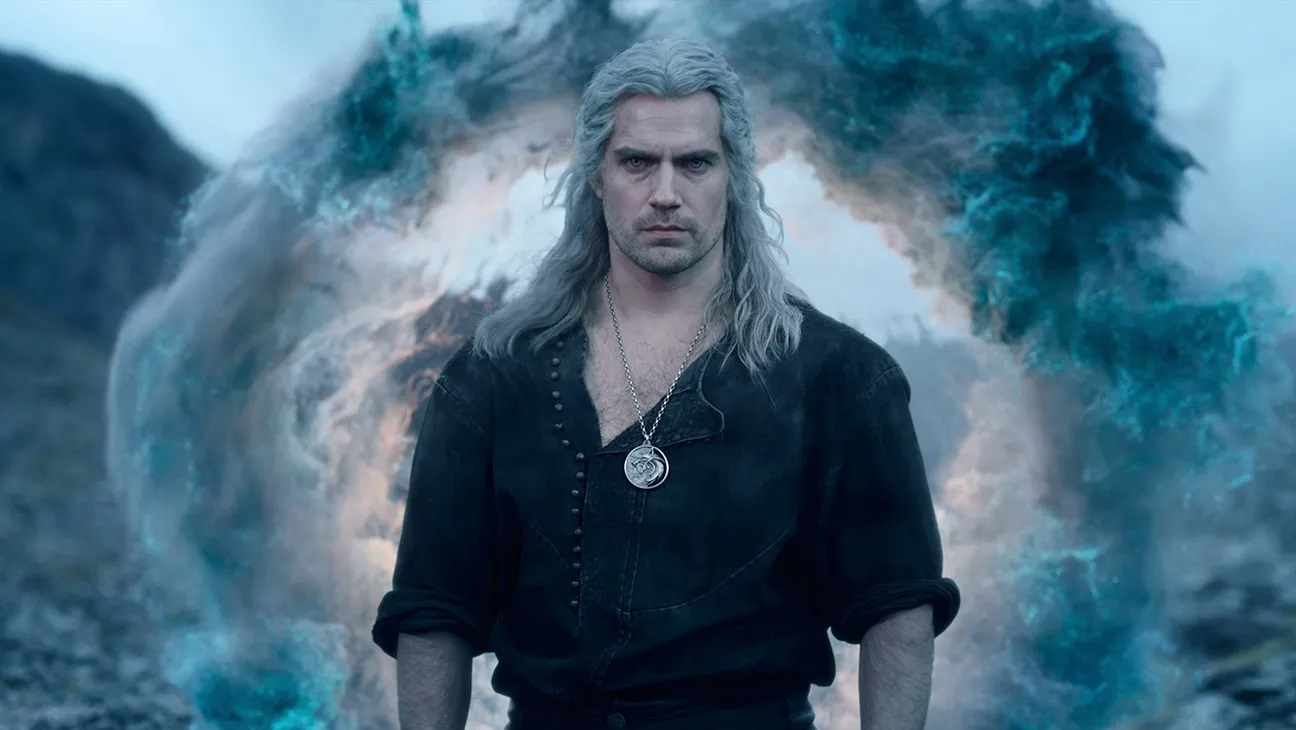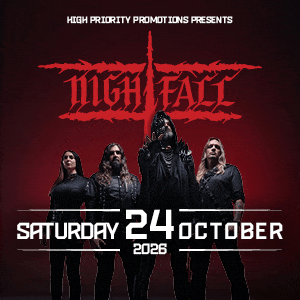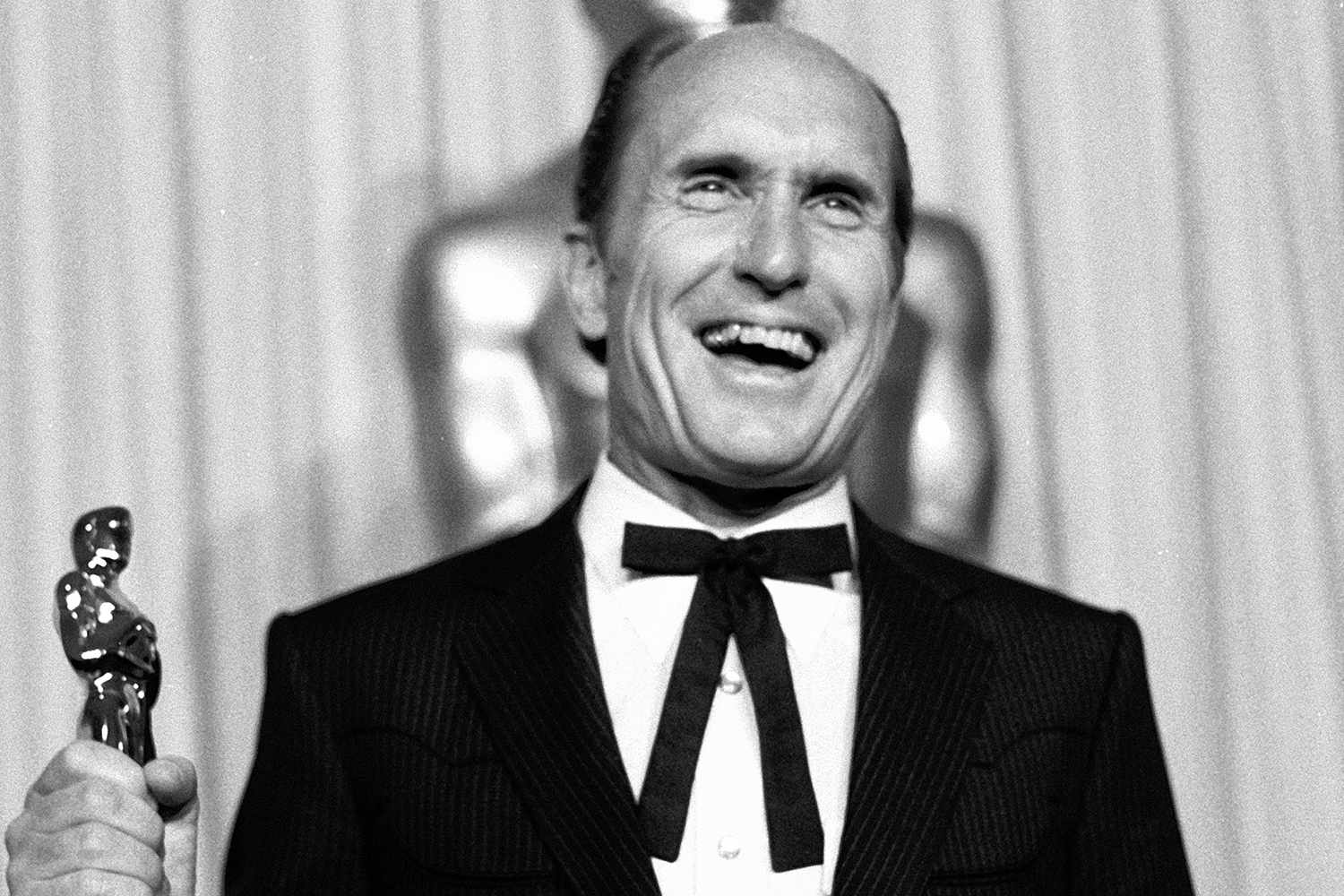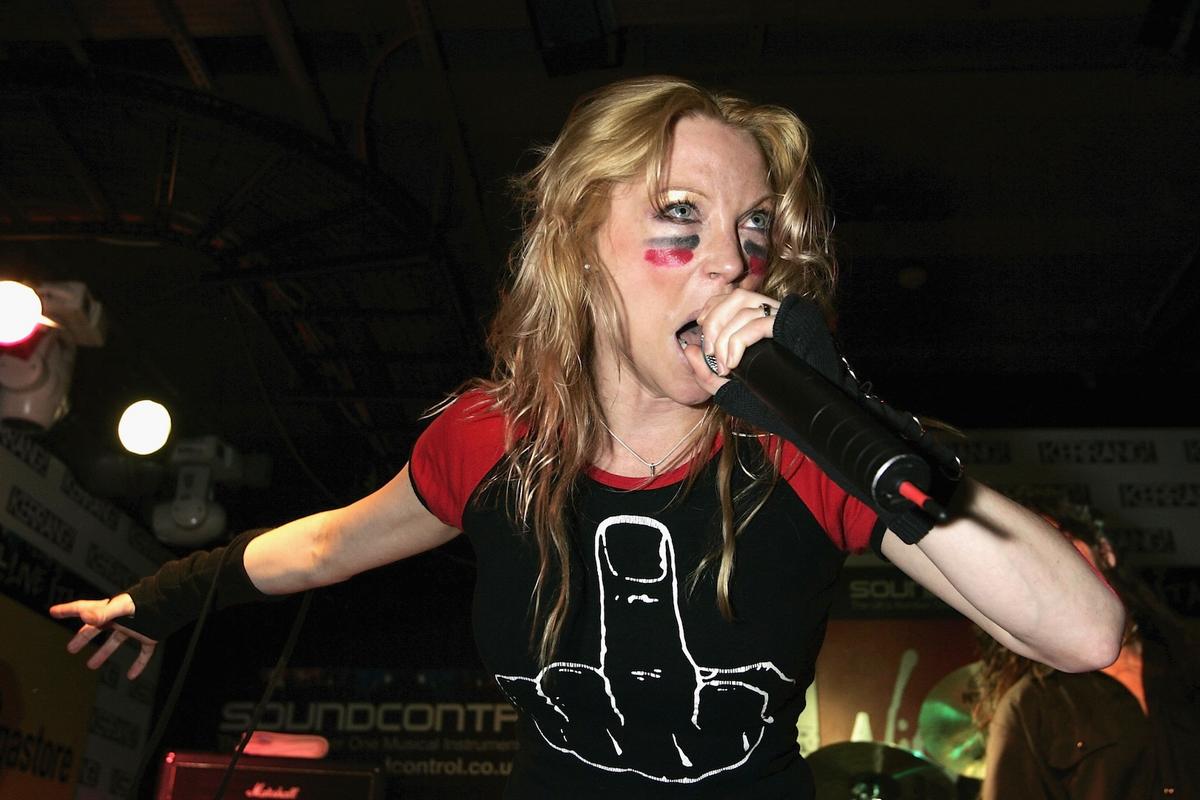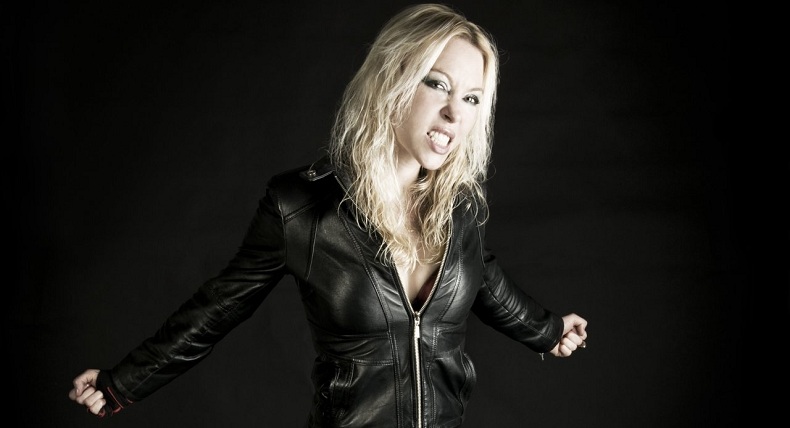The Witcher showrunner Lauren S. Hissrich promised to give fans “the most heroic sendoff” in season three for departing star Henry Cavill.
Instead, the Netflix fantasy’s eagerly anticipated final three episodes of the season, released last week, literally had Cavill’s Geralt of Rivia recovering from injuries in bed (before rousing himself for a final fight). The season’s IMDb scores plummeted and its final two episodes earned the lowest numbers of the entire series. Some critics were harsh, as well: Cavill “deserves a better exit,” wrote AV Club, while The Verge called the season “a wasted opportunity.”
Meanwhile, over on Disney+, Marvel’s Secret Invasion has been similarly ripped as one of the popular studio’s biggest stumbles. It’s finale earned just a 7 percent score on Rotten Tomatoes, and headlines dubbed the project starring Samuel L. Jackson “the worst-reviewed Marvel project ever.”
The reactions follow what was considered a disappointing third season for Disney+’s acclaimed Star Wars drama The Mandalorian, which took a sharp dive in its Rotten Tomatoes score (from the low 90s for the first couple seasons to 57 percent) in the spring. Mando then lost its usual Emmys best drama nomination slot.
Outside of the genre space, over on Paramount+, the latest drama from prolific Yellowstone hitmaker Taylor Sheridan, Special Ops: Lioness, seems to be stumbling a bit out of the gate too, with a weak critics score (57 percent) and an audience score that’s solid (73 percent), yet far lower than his other dramas.
In a couple of these cases, a top creative pushed back and seemed to blame … the fans.
The Witcher executive producer Tomek Baginski put the onus on American fans for controversial changes to the show’s storylines that have simplified its adaptation from author Andrzej Sapkowski’s stories (a divergence Cavill previously suggested frustrated him, as well). “When a series is made for a huge mass of viewers, with different experiences, from different parts of the world, and a large part of them are Americans, these simplifications not only make sense, they are necessary,” he told Polish news site Wyborcza. “It’s painful for us, and for me too, but the higher level of nuance and complexity will have a smaller range, it won’t reach people.” Previously, Baginski suggested stories also need to simplified due to young viewers being inspired by only “emotions” rather than plot after being raised on YouTube and TikTok.
Secret Invasion director Ali Selim seemed to suggest Marvel’s “rabid” fans had outsized expectations during an interview with Variety. “I don’t feel bad about mixed reviews,” he said. “Marvel has a very devoted — even rabid — fan base who have expectations and when their expectations aren’t fulfilled, they move in the other direction; they give it a thumbs down. So, it’s a tricky thing. I would love it if everybody loved it, but I also don’t have that expectation myself, so I feel great about the response to it.” He then asked: “Is it our job to fulfill their expectations?” (Well … yeah … that’s probably literally the job.)
It’s as if the franchise fatigue that’s been plaguing big-screen superhero films has now extended to TV. Except in these cases, it’s not as if viewers didn’t tune in to the shows — The Witcher fans, for instance, were rather eager to see Cavill‘s final episodes — so much that they were disappointed with the result.
This slump — if it can be fairly called that — comes at an interesting time. After years of streamers demanding more-more, faster-faster content, and arguably stretching thin the creative community at the same time, the years-long Peak TV glut recently seemed to legitimately peak amid studio belt-tightening and cutbacks. The recent seasons seem to represent some of the last episodes from a crazed push for content just before studios began tapping the breaks (and then, with the dual writers and actors strikes, outright slammed on those brakes).
There is some evidence the creative teams behind all these shows have had more piled on their plate than ever before. Sheridan, rather famously, has been working on a multitude of shows at the same time. Marvel has been pumping out so much TV content the past couple years that even Disney CEO Bob Iger recently suggested the shows have hurt the brand due to “diluted focus and attention.” Disney+ announced 10 Star Wars shows in late 2020 (with Mandalorian writer-director Dave Filoni now splitting his time with his upcoming Ahsoka, though showrunner Jon Favreau has stuck primarily with Mando). And the Witcher team had a spinoff, Blood Origin (which flopped in December), and producers have teased that other spinoffs are in the works.
Of course, each show’s journey is unique, so it might be overly generalizing to declare “too much TV is making for worse TV, even among top franchises.” Premium cable and streaming shows used to feel, well, special. Lately, content has felt increasingly like more expensive versions of the Big 5 broadcast shows they so devastatingly disrupted. Money can always buy better special effects, but it cannot always purchase better scripts. And it turns out, just because a company is only making 10 episodes of a show every two years (or, in the case of Secret Invasion, merely six), it’s no longer a guarantee the result is going to be fantastic, or even merely good — especially when creatives are helping shepherd several other projects at the same time.
All that said, there is the case to be made that while some major franchises have had recent disappointing seasons, on average, big genre streaming shows are better than ever. The Emmys had an unprecedented five fantasy shows nominated in best series categories this year — HBO’s The Last of Us and House of the Dragon, Netflix’s Wednesday, Disney+’s Andor and (curiously) Obi-Wan Kenobi. So maybe it’s not that big franchise shows are suffering under the pressure of studio content demands, but rather that much is being made that is hands-down terrific, and not everything can be.
source: hollywood reporter – More news in english
